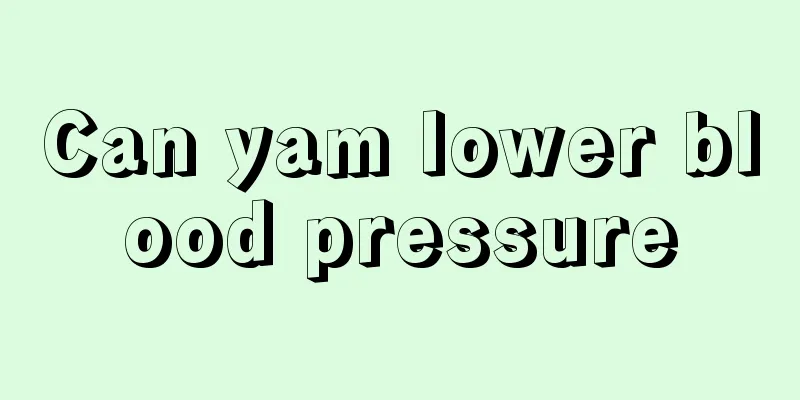Will you burn fat when you are hungry?

|
The human body should consume as little fat as possible every day. Although fat is an essential component of the human body, consuming too much fat will cause obesity symptoms. And if you find that you consume too much fat every day, you should do appropriate exercise in your daily life to burn fat. Everyone feels hungry every day, but will a person consume fat when he is hungry? Carbohydrates mainly provide us with sugars, so sugars are the main energy source for the human body, while fat is the main energy storage substance for the body. The role of protein is to constitute the body of life and regulate life activities. When our body starts to be in a state of hunger, it means that the blood sugar in your body has been used up, and the body will begin to consume the glycogen in the body to replenish blood sugar, so after being hungry to a certain extent, you will find that you are not hungry again. When liver glycogen is exhausted, blood sugar concentration will begin to drop, glucagon secretion will increase, and fat and protein will begin to be consumed for energy. You may think that when you are hungry to a certain extent, you will start to burn fat, and our goal has been achieved? The fact is that when the insulin in your body decreases and the glucagon increases, the rate of muscle breakdown will accelerate, which means that your muscles are also starting to be lost. What effects does long-term hunger have on the human body? The human body is a very powerful self-regulating machine. When you are in a state of hunger for a long time, it will think that you are about to die, so it will start to slow down your entire basal metabolism by lowering your body temperature, heart rate, etc. So, on the one hand, you are trying hard to starve yourself, and on the other hand, your body is "being smart" and reducing energy consumption. You eat less, but you consume fewer calories. For some people who only eat one or two meals a day, blood sugar levels will fluctuate greatly. When you eat, your body will unconsciously absorb excess calories to store nutrients, which will be more detrimental to weight loss. Therefore, most people are very likely to rebound after dieting. Why do I get fatter after dieting? As mentioned above, when you are hungry, not only is fat being metabolized, but muscles are also being consumed. And the subsequent rebound is that only fat but no muscle increases. After a long period of dieting and then eating again, the body fat rate will become higher and higher, and the basal metabolic rate will also decrease, so it is possible to be fatter than before. Therefore, starvation-style fat loss method is not advisable. |
<<: How to fall asleep when others snore
Recommend
How to wash your face with milk
Milk is rich in calcium, and drinking milk is ver...
What is emotion
I believe that everyone has often heard the term ...
Six major pathological types of intussusception
Any disease has its pathology and factors. Theref...
Reasons why the air conditioner does not heat
Air conditioning is a common household appliance ...
What are the benefits and functions of pedicure?
Pedicure in my country has a history of more than...
How to make sesame paste for baby food
There are many types of complementary foods that ...
One breast is bigger than the other
A woman's breasts are one of the sexiest part...
Three major symptoms of ovarian granulosa cell tumor
The patient was 27 years old, female. She suddenl...
What causes high liver function transaminase?
There are many enzymes in the human body. Transam...
What is the difference between cerebral infarction and cerebral thrombosis
Cerebral infarction and cerebral thrombosis are a...
Autumn health food therapy
As we all know, the weather in autumn is relative...
When is the best time to reject the transplant?
People often talk about bone marrow transplantati...
What is the principle of garlic in dissolving fish bones stuck in the throat?
Fish is a very delicious food, and different fish...
What are the effects and functions of sunflower liver protection tablets
The value of sunflower liver protection tablets i...
What to do if there is no baking paper for baking cookies
In daily life, many people like to eat biscuits. ...









